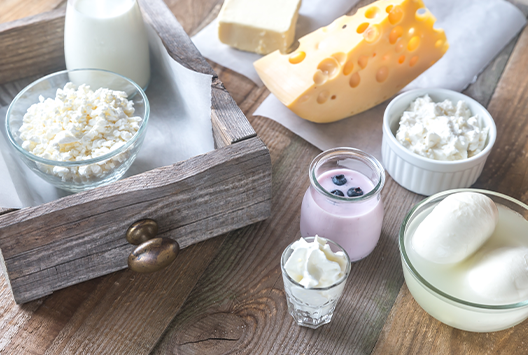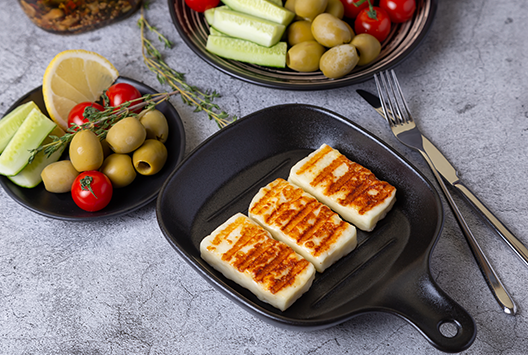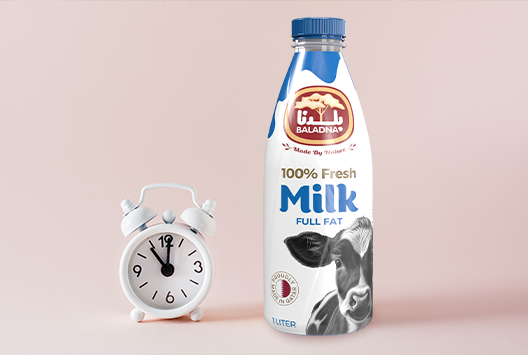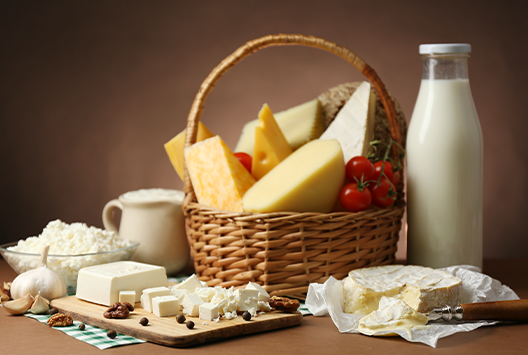
Weekly Dairy Essentials: Top 4 Picks
Similar
Dairy products are a crucial part of a healthy diet. They are abundant in calcium, vitamin D, protein, and other essential nutrients that are vital for maintaining good health. Nonetheless, not all dairy products are created equal. Some are high in saturated fat, while others are low in fat but high in sugar. As recommended by dietitians, the following four dairy essentials are low in saturated fat and high in nutrients.
1. Greek Yoghurt
Greek yoghurt is a fantastic dairy product that is packed with nutrients. It is high in protein, low in fat, and contains probiotics that are beneficial for gut health. It is also an excellent source of calcium, which is essential for strong bones and teeth. It can even be used in a variety of dishes, from smoothies to dips and sauces.
When shopping for Greek yoghurt, look for plain varieties that are low in sugar. Many flavored yoghurts contain added sugars, which can contribute to weight gain and other health problems.
2. Skim Milk
Skim milk is a low-fat dairy product that is an excellent source of calcium, vitamin D, and protein. It is also a great source of potassium, which can help lower blood pressure. It is versatile and can be used in a variety of recipes, from smoothies to soups.
When choosing skim milk, look for varieties that are fortified with vitamin D. Vitamin D is essential for bone health and can also help protect against certain types of cancer. It can also be a great source of hydration after a workout. It contains electrolytes such as sodium and potassium, which can help replenish fluids lost during exercise.
3. Cottage Cheese
Cottage cheese is a low-fat dairy product that is high in protein and low in calories. It contains calcium and other essential nutrients, including vitamin B12 and phosphorus. It is an adaptable ingredient that can be used in a variety of dishes, from salads to dips and spreads.
When choosing cottage cheese, look for varieties that are low in sodium. Many cottage cheeses can be high in sodium, which can contribute to high blood pressure and other health problems. Add fresh fruit or a drizzle of honey to your cottage cheese if you prefer a sweeter taste.
4. String Cheese
String cheese is a fun and convenient snack that is low in calories and high in protein. It is an excellent source of calcium and can help promote bone health. It is portable and can be taken on the go, making it a great snack for busy lifestyles.
When choosing string cheese, look for varieties that are low in sodium and made with low-fat milk. Many variants can be high in sodium and saturated fat which can contribute to health problems. If you prefer a sweeter taste, pair your string cheese with fresh fruit or a handful of nuts.
When choosing dairy products, opt for high-quality brands
When choosing dairy products, it is best to look for varieties that are low in sugar and sodium and made with low-fat milk. By incorporating the above dairy products into your diet, you can promote good health and well-being.
If you are looking for a great source of Baladna dairy products, look no further than our healthy selections here at Baladna. We are 100% Qatari, with one of the largest cattle farms in the region, providing authentic, fresh and quality dairy products. Browse through our website to see a list of all our offerings.



